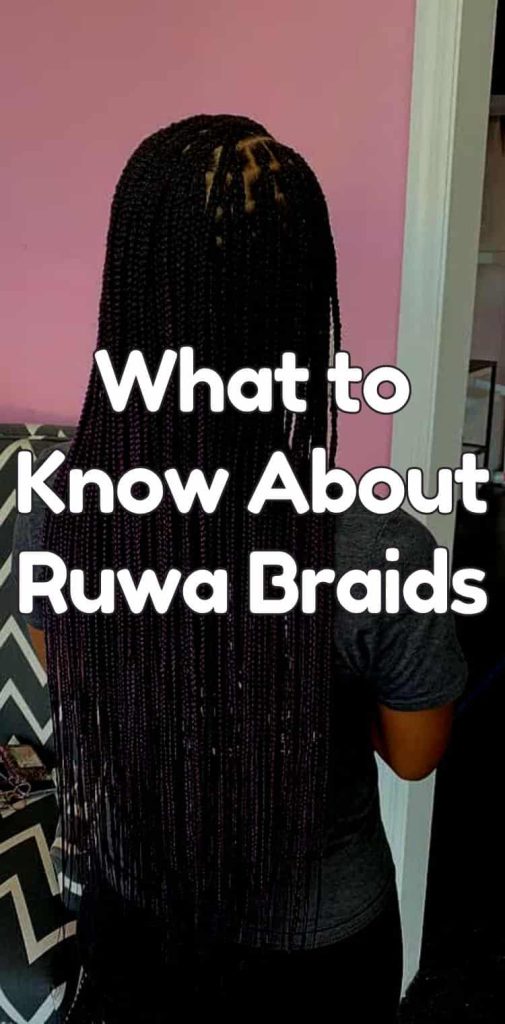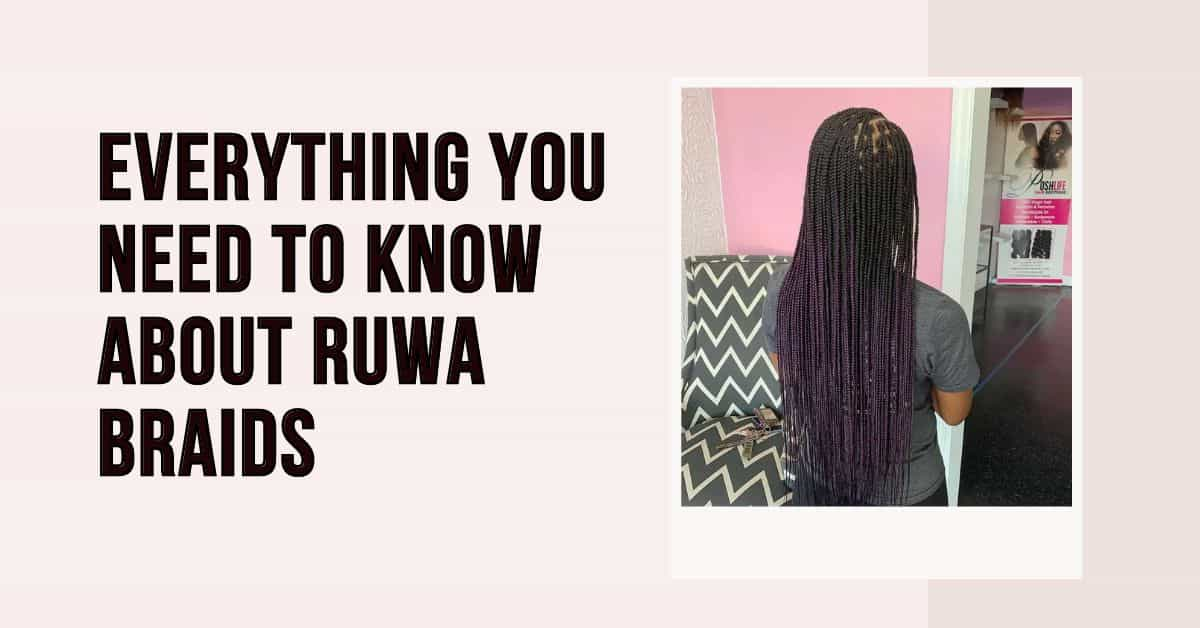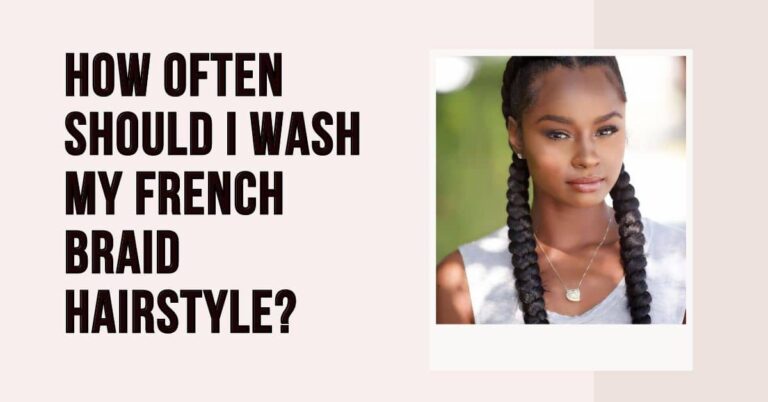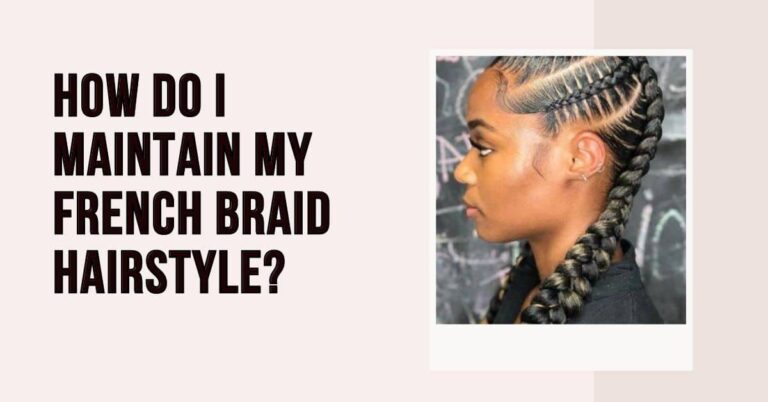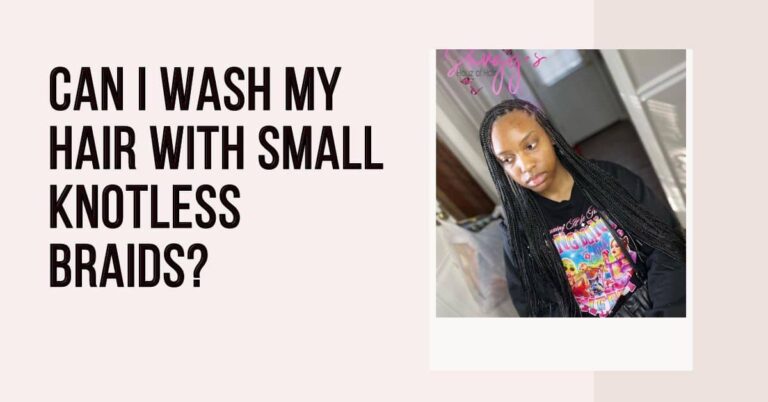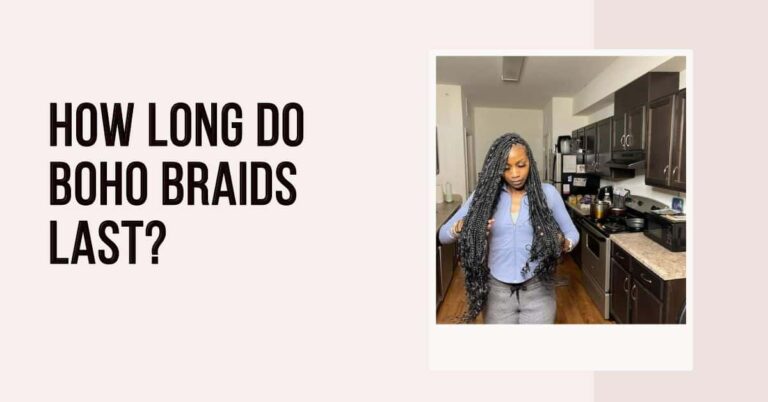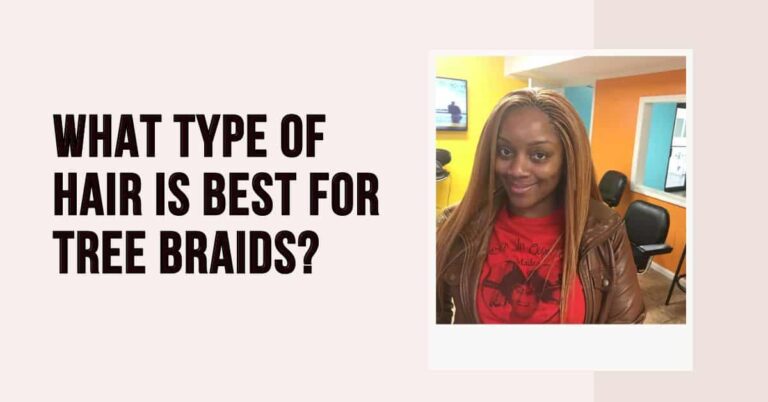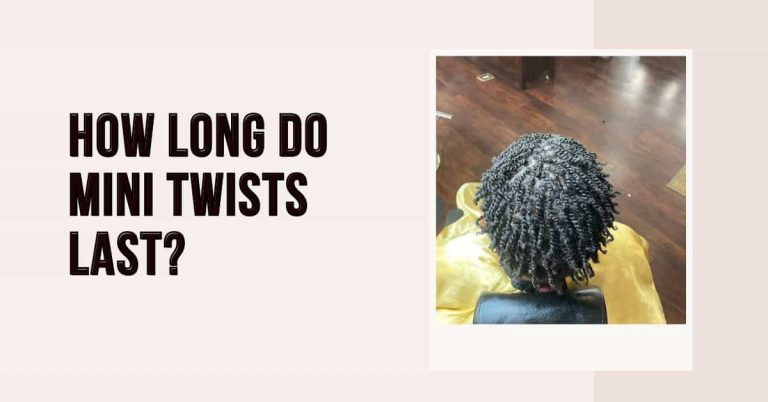Ruwa Braids: Everything You Need to Know
If you follow trends in the haircare world keenly, you should have noticed that RUWA braids are all the rage at the moment. The sudden popularity begs the question: what are RUWA braids exactly? Interestingly, RUWA braids may not be what you think they are, as you’ll learn later in this article.
When you think of RUWA braids, you may be thinking about something along the lines of a hairstyle, but that doesn’t seem to be the case. Moreover, there’s no such thing as “RUWA braids,” just RUWA braiding hair. It’s not a hairstyle, but a hair extension for protective hairstyles.
With that said, this article will explain everything you need to know about RUWA braiding hair. By answering some of the most common questions users have asked about this hairstyle, you’ll get answers to everything you may want to ask.
What is RUWA Braids?
When asking about RUWA braids, you most likely want to learn about RUWA braiding hair, a synthetic hair extension from Kanekalon made from 100% AQUATEX fiber. If that sounds overly technical to you, you should have it in mind that RUWA braiding hair is another insanely good hair extension.
The hair is pre-stretched, which prevents the ends of the hair extensions from looking blunt like with some others. As you can probably tell from the name, you can achieve the stretched look with regular hair extensions, but pre-stretched extensions have done most of the work; just install it and look great.
When it comes to RUWA braids, there’s a lot to talk about, and that’s the point of this article. From here on out, I’ll be answering some of the most popular questions about RUWA braids, according to Google. If you have a question you need to be answered, sit back and hope many people have asked the same thing already.
Is RUWA Braiding Hair Good?
A lot of people ask this question, even though the answer already seems pretty clear in my opinion. Before anything can go up for sale, it has to have some sort of value, and anything valuable can be said to be good. Since there are people paying money to get RUWA braiding hair, then yes, it has to be good.
Another question that may be a bit difficult to answer is how good it is, compared to some other braiding hair. Of course, the results of a comparison will depend on the other elements, but RUWA braiding hair shouldn’t do badly in any case.
It has a great texture, looks good on everyone, doesn’t itch when used correctly, and works with almost any hairstyle you throw at it. There are just a lot of positives to RUWA braiding hair and it’s difficult to quantify the negatives if they exist.
Is RUWA Braiding Hair Kanekalon?
If you’ve seen any list of the best Kanekalon hair extensions to wear, there’s a pretty big chance that you’ll see RUWA braiding hair, which already answers your question. There is a massive abundance of Kanekalon braiding hair in the industry, which means different things for different people.
For some, Kanekalon is a no-no, no thanks to the abundance of negative information they’ve been hearing about it, most of which is often false or exaggerated. There’s so much variety with this hair extension that you can now choose an extension with the exact qualities you want in a hairstyle.
While Kanekalon braiding hair still doesn’t beat human hair in quality, you’ll struggle to find any kind of artificial hair extension that comes close. Also, RUWA braiding hair seems to have a unique set of characteristics, despite falling under the Kanekalon hair category.
Does RUWA Braiding Hair Itch?
If you’ve ever used synthetic hair extensions, you should know they’re notorious for itching badly, especially when it’s Kanekalon hair. Unfortunately, RUWA braiding hair seems to fall into the Kanekalon category, which should naturally imply that it also itches, but does this hair extension itch?
According to the promotional material for the extensions, the RUWA braiding hair doesn’t itch, but I’ll recommend you take that with a grain of salt. I’m still searching for a hair extension manufacturer that will willingly accede to the fact that its hair extension itches.
Preventing synthetic hair extensions, including the RUWA braiding hair, from itching requires understanding why they itch in the first place. According to most experts, the presence of alkaline lye in the hair causes it to itch, which is present in pretty much every braiding hair out there.
Thankfully, RUWA braiding hair has no alkaline lye coating, which implies that it shouldn’t itch by default. If you’re using a pack of extensions with alkaline lye, you can soak it in an apple cider vinegar solution to remove it, effectively preventing your hair from itching.
Pros of the RUWA Braiding Hair
When Sensationnel released the RUWA braiding hair, it highlighted some reasons you should consider choosing it over other synthetic hair extensions. Naturally, I’ve mentioned some of these reasons earlier in this article, but there’s a lot more still buried away, unexplored.
With that said, here are some benefits of RUWA braiding hair over similar synthetic hair extensions.
1. Lightweight
Synthetic hair extensions aren’t natural additions to your hair, so you shouldn’t expect them to feel so. However, manufacturers try to prevent you from noticing the difference as much as possible by making the hair extensions lightweight. Even with that, some are notorious for adding too much weight to your natural hair.
If you don’t feel like wearing a few extra kilograms of weight on your head, you may want to consider RUWA braiding hair. The hair extension is so light that you forget it’s even there as soon as you finish installing the extension.
2. Quick-drying and water repellent
The biggest selling point of RUWA braiding hair is how well it performs with water. An interesting fact is that the term “RUWA” means water in the Hausa language (from Western Africa). The excellent performance of the hair extension with water is what drove Sensationnel to give it that name.
Talking about its performance with water, RUWA braiding hair doesn’t dry very quickly and doesn’t absorb as much water as most other hair extensions. If you don’t like to get your hair wet, you should like your RUWA braids.
Add the dirty cheap price of each pack of RUWA braiding hair and how great it looks after installation, and you’ll understand why it’s so popular among hair enthusiasts.
Conclusion
Contrary to what you might be thinking, “RUWA” isn’t the name of an individual hairstyle. Instead, it’s a hair extension that works excellently in or with water while looking as good as anything from Sensationnel. If you’re planning to get some packs of RUWA for your next hairdo, here’s the only guide you’ll need.
If you liked this, you should check out some of our other guides.
- Zulu Knots vs Bantu Knots; What are the Differences?
- Knotless Braids vs Box Braids: What’s the Difference?
- Flat Twists vs. Two-Strand Twists; What’s the Difference?
- 15 Adorable Big Twist Braid Hairstyles You’ll Love
Pin for Later.
